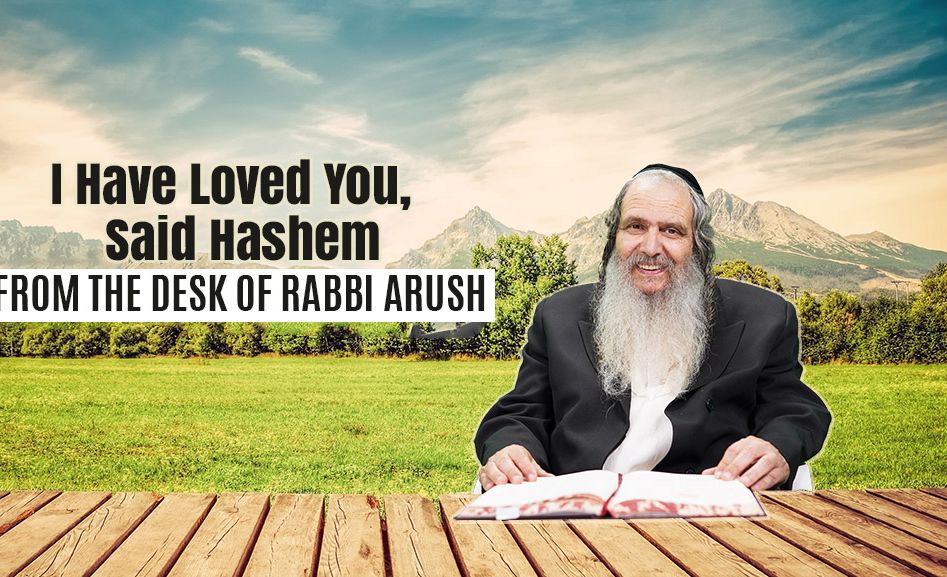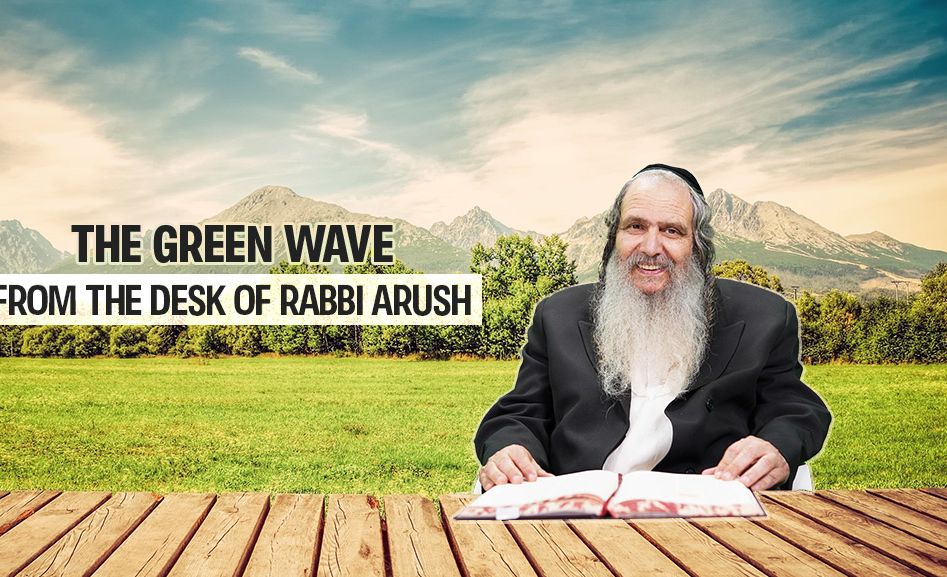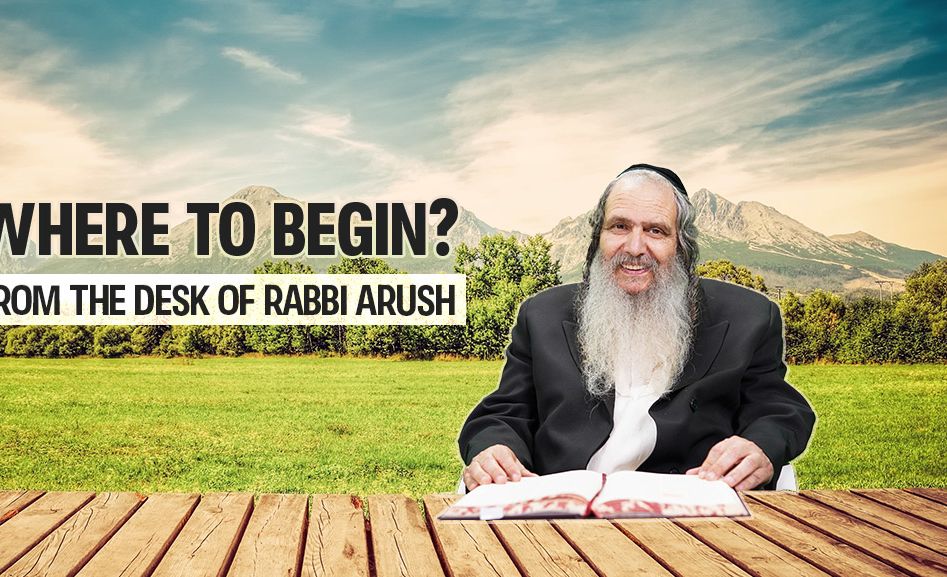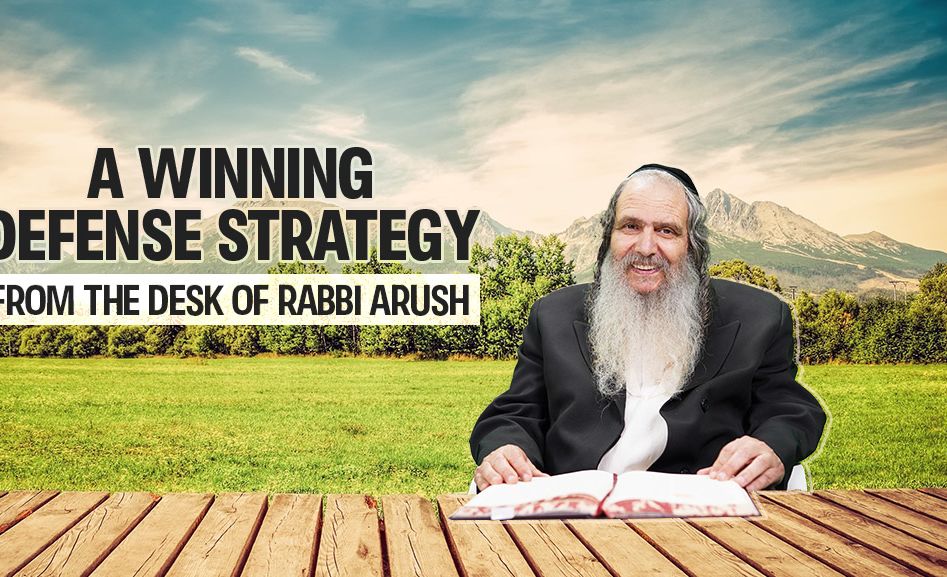
Smoothing a Rough Day
Speaking to Hashem is not a therapeutic technique although it is highly therapeutic. Personal prayer is much more than verbalizing whatever comes to mind…

What a rough day I’m having. Nothing seems to be going MY way.
First: My wife’s back went out again; she can barely walk.
Next: My son thinks that this is the perfect time to present his case: Don’t I know that all 16 year olds are old enough to camp out in the middle of the woods on the Lebanese border?
Next: I was rebuked (for good reason) by somebody who I hold in very high esteem. Ouch!
Next: I had double the work of a normal week waiting for me.
And finally: the news from my dentist was that if I don’t start flossing my teeth, bad things are going happen to my mouth.
That allusive word ‘emuna’ was floating around somewhere in my mind but I sure was not connecting to it. HELP!!! I was sliding back into my pre-Breslev state of panic and learned-helplessness.
My former psychoanalyst intruded into my thoughts: “Zev, let’s see if we can understand your over-reaction. You are feeling traumatized right now, aren’t you? Tell me. What is the first thing that comes to your mind?” I imagined myself screaming back: “You really don’t want to know that, Doc.”
Oy Vey! (Doesn’t need translation)
I remembered something that I could relate to from a Torah Class.
When we first start to speak to Hashem, we are prone to chaotic and conflicting thoughts. But when we hit on  the topic that Hashem really wants us to pursue, the words will flow easily from our lips.
the topic that Hashem really wants us to pursue, the words will flow easily from our lips.
Feeling awful I reluctantly began: “Hashem I am completely frustrated…I feel like I’m losing my emuna…I don’t particularly want to talk about it either…but…I don’t know what else to talk about…pause…I’ve been feeling unproductive and inadequate all day… I don’t know how I’m going to help my wife; her back seems really bad this time…how are we going to make Shabbat…how am I going to shop with all this work I have to do…how in the world will I ever be able to finish this stuff on time.”
It sounded like gibberish, but somehow it was starting to flow. Anyway, I was building momentum. Soon I gave up on caring about the content of what I was saying. I just said it. For example: “Hashem I’m just talking but I don’t know what I’m saying or what I want to say…I feel disconnected, hopeless, mixed up, and neurotic… I’m wasting my time and Yours. I don’t have anything deep to discuss and I don’t even know what to ask from You. I’m just making noise, and, at the moment, I’m not sure this is going to work any better than my analysis did!”
The turning point came when I remembered something that Rivka Levy wrote:
No matter how pathetic I think my effort to pray is, I’m still praying to Hashem in the best way that I can.
What a powerful and liberating thought. After all, Rebbe Nachman calls personal prayer the “highest path” and I was engaged in it.
OK, so I’m not able to afford a rich man’s offering right now; but Hashem will be just as happy with my simple poor man’s offering since He sees how much I struggled to give it to Him. I imagine Hashem’s fire coming down, licking up my little prayer and Him saying: “Thank you Zev, it was good.”
I felt serene for the first time all today.
Emuna didn’t change the circumstances of my day it changed my perception of them. Following personal prayer, when I returned to my day the challenges were still there, but I no longer had to face them alone and I knew that things would go better.
Thinking with emuna is sort of the reverse of what we’re used to. Before the Shemoneh Esrei prayer we petition G-d: “O Lord, open my lips, that my mouth may declare Your praise.” Obviously it’s Hashem who opens our lips (not us); it’s Hashem who enables our mouths to move (not us); and it’s Hashem who give us the thoughts and breath to express ourselves to Him. “He alone did, does and will do everything.” He is at once the “knower, the known and the knowledge.” There simply is “nothing but Him.”
So now let’s think in reverse. “I” wasn’t having a bad day. Hashem decided how this day would go last Rosh Hashanah and it had nothing to do with me. Hashem brought about everything for His own reasons: perhaps to humble me; to teach me more about praying; or to get this article written – only He knows why. Regardless, He knew that by stressing me out, something good would happen.
The ‘fundamental’ rule of Freudian analysis is that the analyst and (the patient) ‘free-associates.’ That is, he speaks as openly and spontaneously as he can about whatever enters his mind. On the surface, it seems that free-association has much in common with speaking spontaneously to Hashem – It doesn’t. Speaking to Hashem is not a therapeutic technique although it is highly therapeutic. Personal prayer is much more than verbalizing whatever comes to mind. Personal prayer involves my awareness of Hashem’s absolute sovereignty in the world which includes my ‘ability’ to have this awareness.
We should all merit to taste the sweetness of the “highest path” – to pour our hearts out to Hashem daily. Amen.












Tell us what you think!
Thank you for your comment!
It will be published after approval by the Editor.